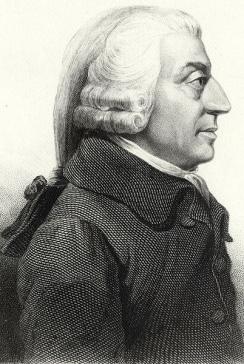Theories of consumer decision-making explicitly geared towards advertising executives and branding gurus have been so assiduously popularized that they now have a good claim to be the consensus view of human nature in the twenty-first century. Grounded in evolutionary biology and neuroscience, the claim is that economic man is a natural phenomenon. A whole new discipline called neuroeconomics has been called into existence in order to analyze how we spend money as a function of our biology. Neuroscientific models from functional magnetic resonance imaging studies are routinely mined for insights into consumer behavior, and evolutionary psychology is pitched to entrepreneurs seeking ways to make people buy their products. I am calling this view of human motivation “bourgeois psychology.” The project will use historical analysis to assess the validity of the construct, examining the psychological contours of economic man as he emerges in the history of capitalism, beginning with the extreme ideological context of the Cold War and then moving backwards and forwards from the twentieth century. This is a purpose-driven exercise. The idea is to think about the environmental consequences of consumer capitalism from the point of view of models of human behavior. Most schemes for economic alternatives to capitalism are predicated on an idea of the malleability of human nature. As we grapple with the urgent problem of the limits of natural resources, the robustness of the figure of the entrepreneurial individual and his consumer counterpart perhaps demand that we re-examine the psychological assumptions of anti-capitalist solutions.

Adam Smith, the pre-eminent psychologist of the bourgeois subject, from a medallion design by James Tassie, etching created by Cadell and Davis, 1811.
Project
(2018)
